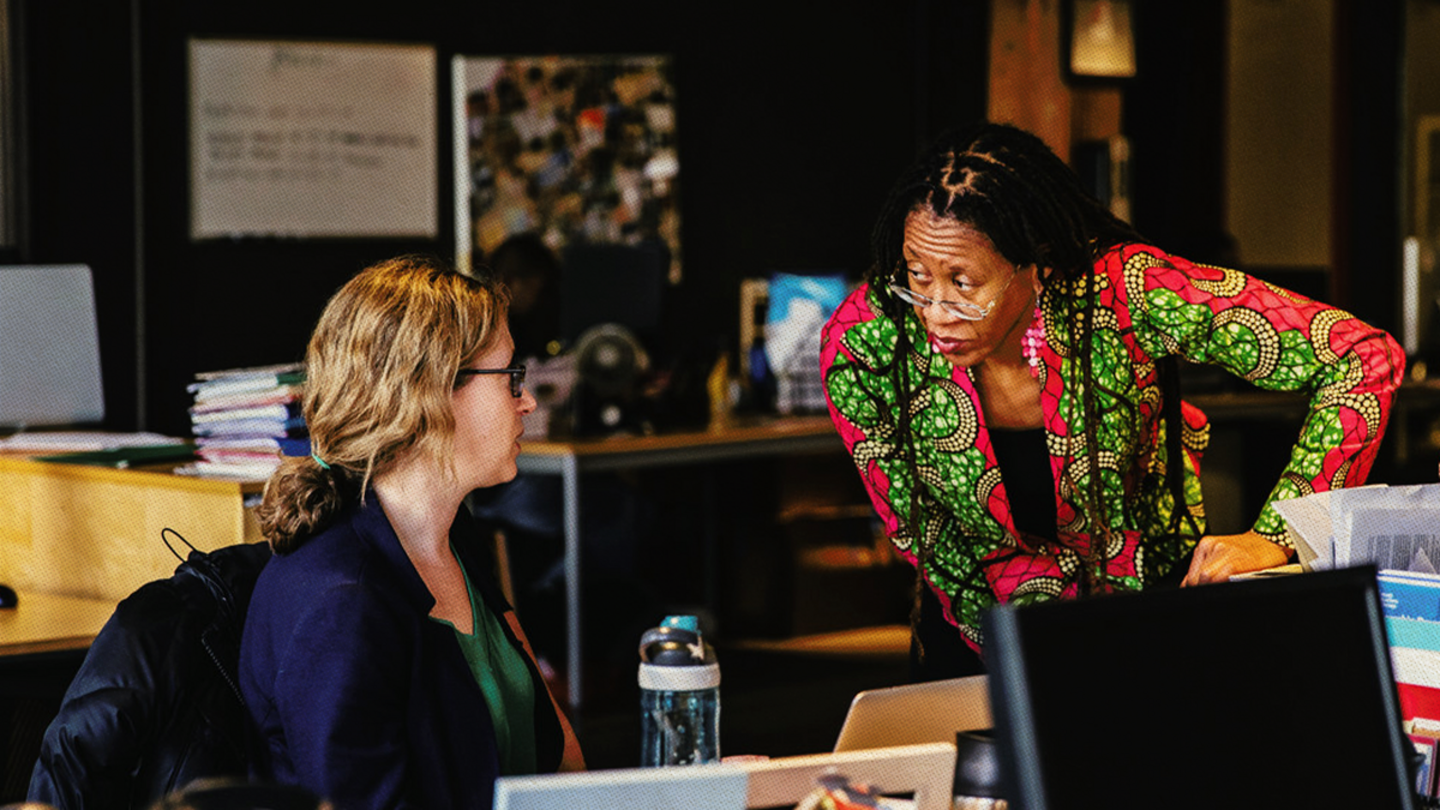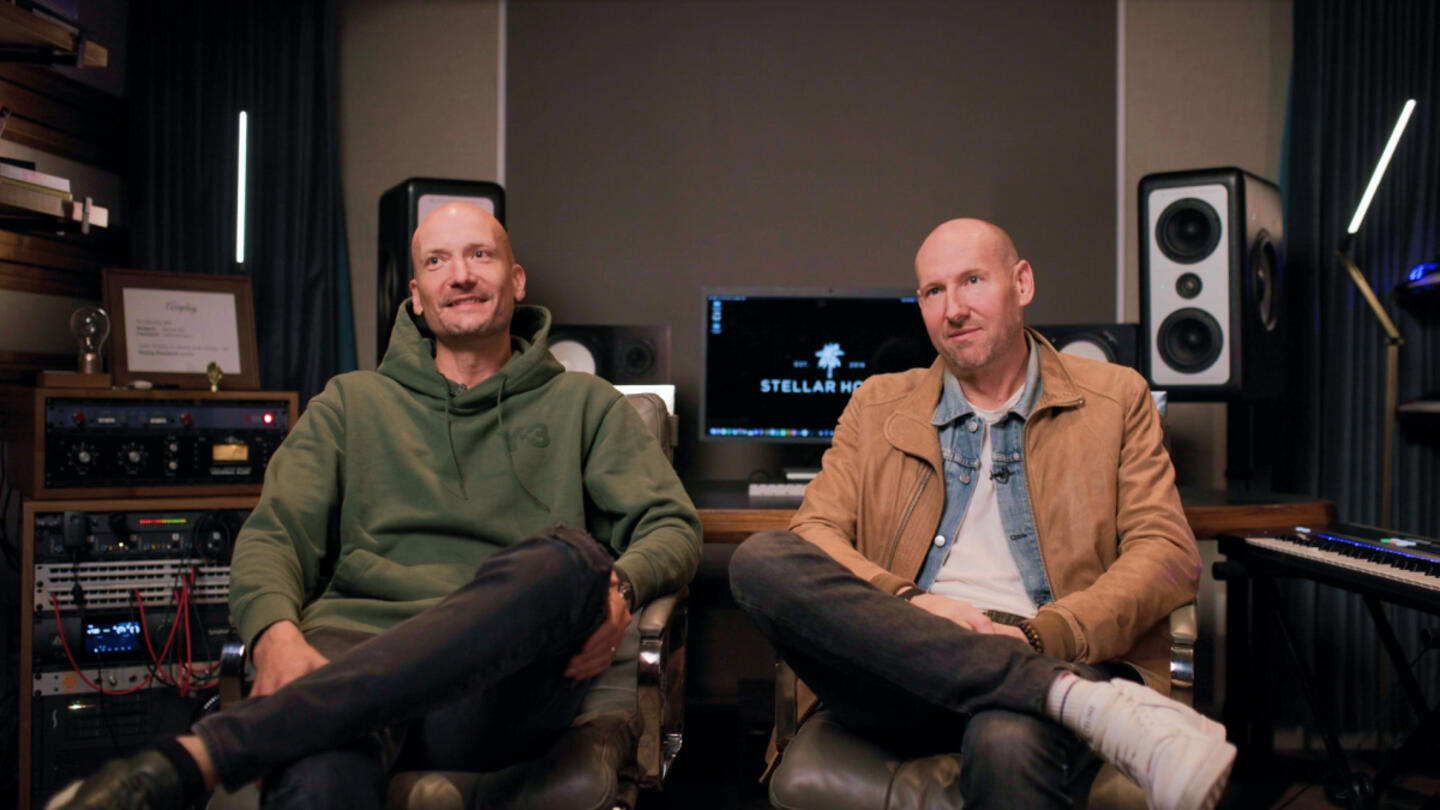The Japanese concept of Mendomi means taking care of workers like they are family. For Texas-based auto parts maker Toyotetsu, it was a guiding principle. But when it was asked to hire a former violent offender, it had to question what Mendomi meant in practice. The result was transformational for the employee and the company.
It started as a favor. The group had always had a strong relationship with local county government through partnerships on second chance employment programs. But the county was struggling to find an industry sponsor for a particular individual because of a relatively recent violent offense.
This fell on the desk of Leslie Cantu, assistant vice president of administration at Toyotetsu. Could she help? It would only be for a few weeks, after all.
Cantu decided to have an in-depth risk mitigation discussion with the group’s attorney. Between them, they came up with a series of parameters and took the person on for a short-term placement.
“When he started, no one knew about this person’s background, but then a permanent opening became available. His manager wanted to hire him,” Cantu said. What started as a short-term favor ultimately led to an entire rethink of the group’s hiring policy.
Fair chance: Solving a long-term problem
Toyotetsu had struggled to recruit and retain frontline workers. The plant is located on the outskirts of San Antonio, poorly served by public transport. It shares an industrial park with 24 competitors. Historically, the group had hired through third-party staffing agencies, but was increasingly finding it impossible to meet its needs.
The justice-impacted employee was the spark the company needed to open up its hiring policy.
Cantu became Toyotetsu’s change champion for fair chance hiring, which is built on the premise that people with a criminal record have the right to be fairly assessed for a role they're qualified to fill. For the company, it meshed with the spirit of openness and inclusivity it sought to foster throughout the organization. It believed in giving people another chance, and this was a way to demonstrate it.
Cantu admits the transformation required some tweaks.
“We knew we weren’t experts on supporting individuals that are justice-impacted; we’re experts on making car parts. We knew enough to know that this population would need additional support to be successful.”
Toyotetsu found no shortage of community partners willing to step up and provide expertise in understanding the barriers, such as a lack of trust from colleagues, faced by these individuals and the strategies required to overcome them. With the support of the local workforce development board, the group brought in a success coach who met with fair chance employees every week, helping them transition into work. Other problems were relatively straightforward, such as developing “van pools” to help people get to work in the morning.
The team was expecting pushback from existing employees, but, if anything, it brought new transparency and honesty to the organization. Cantu found that rather than judging their new co-workers, plenty of employees had a child, family member, partner, or relative who had themselves encountered the justice system and were sympathetic to the problems they faced.
And the move to break down a barrier cuts both ways; a year into his employment, the company’s first fair chance hire was interviewed by a reporter who asked where he saw himself in five years. “I’ll still be here,” came the quick response. For him, Toyotetsu offered up an opportunity when no one else did. The job helped him recognize his own dignity after his experiences in the criminal justice system.
For Toyotetsu, hiring talent with experience of the justice system has been repeated again and again, with the benefits far outweighing the early work involved. The real impact has been seen in loyalty and retention. The group no longer has any use for third-party recruitment agencies because it now has a strong pipeline of potential employees thanks to its burgeoning reputation as a fair chance employer.
Sign up for Stand Together's Rethinking Work & Learning newsletter to get the latest stories, ideas, and trends on the future of employment.
Job opportunities prevent reoffending
This outcome is not unique to Toyotetsu. A 2021 study by the Society for Human Resource Management Foundation, the nonprofit arm of SHRM, the world’s largest HR professional society, found that over 73% of business leaders and 75% of HR professionals said that fair chance employees were just as or more dependable than workers without records. In a study by McKinsey & Company and Cara Plus, a division within Cara Collective dedicated to helping organizations unlock untapped talent, frontline fair chance employees were more likely to dedicate nonwork hours to upskilling and apply for advancement opportunities.
A whole new potential workforce is out there; data from the National Conference of State Legislators found that 1 in 3 adults, or nearly 80 million Americans, has been involved with the criminal justice system, whether convicted of a crime, charged, or arrested. Most employers are willing to consider these people only in exceptional circumstances: 96% of employers conduct pre-employment background screening, and a criminal record can reduce the chances of a second interview by 50%.
This lack of opportunity can increase reoffending rates. Three-quarters of people who were formerly incarcerated remain unemployed a year after being released, but those who could find productive employment were much less likely to be rearrested.
“Fair chance can look like different things to different companies,” according to Liana Bran, director of expansion strategy at Cara Collective.
“It works really well when companies understand that fair chance hiring is about serving a business need, in addition to a community need, and make it their own. They have a real opportunity to reach skilled, motivated talent when they don’t create unnecessarily stringent barriers. And, like any other talent strategy, fair chance hiring requires intentionality and investment. Toyotetsu worked hard to make the experience successful — and has seen the return on that investment.”
Cantu agrees that fair chance hiring is about justice but is also good for the bottom line. “It’s very good for community engagement, but it also makes good business sense, because of the impact on retention and the impact on our KPIs as a company. You can see impact on quality and safety, but also on individual lives.”
Toyotetsu’s experience of empowering individuals to develop and apply their own unique gifts to achieve their potential has been good for business and employees. It is the true spirit of Mendomi.
Cara Plus is a partner of the Charles Koch Foundation, which as part of the Stand Together community funds cutting-edge research and helps expand postsecondary educational options.
Learn more about Stand Together’s efforts to transform the future of work and explore ways you can partner with us.

Here’s how to bridge the disconnect between employers and employees.

Lessons learned from Colorado.

Could a program built to develop music talent change the way we think about education?

How to help the talent of today fill the jobs of tomorrow.
